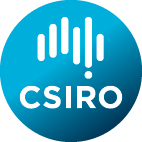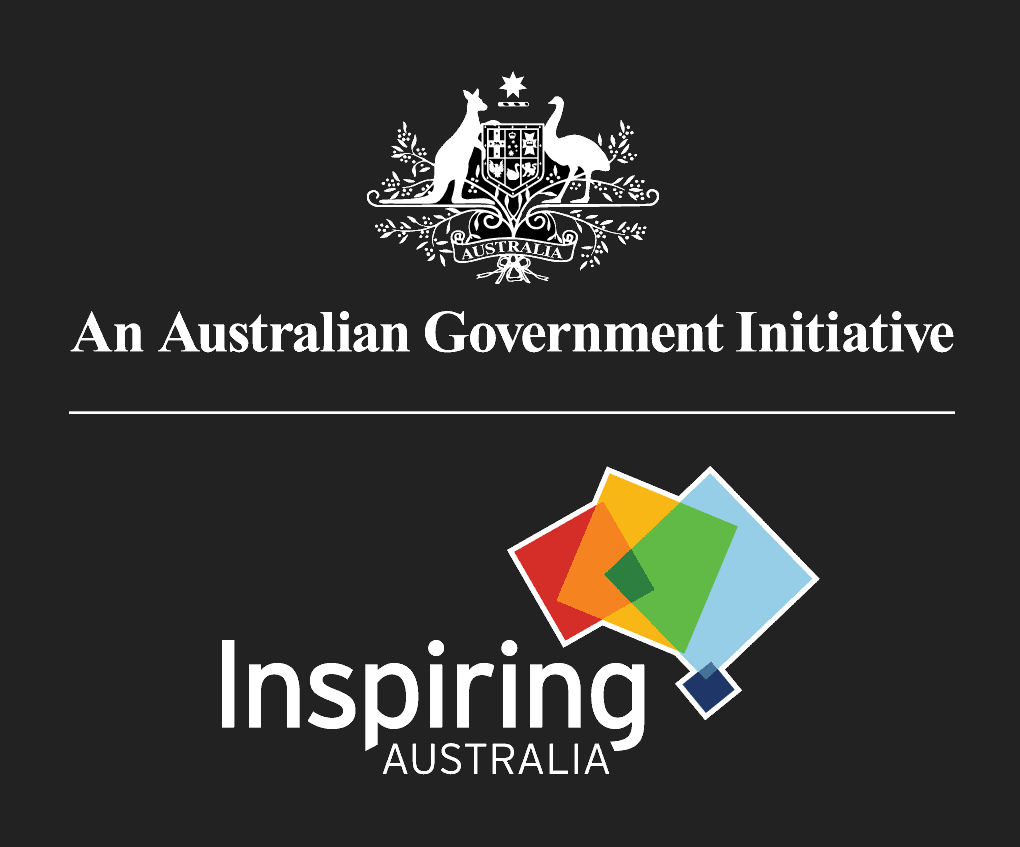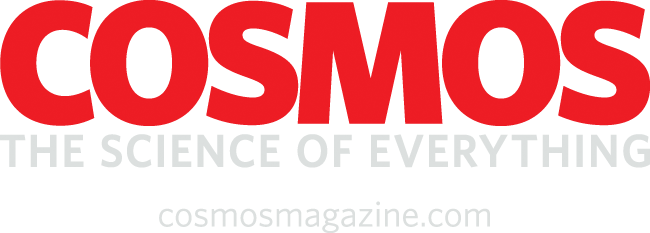When
Wednesday 5th Feb, 10:45 am
Where
Room B2
Hashtag
#W9
Speaker
Philip Roetman
Abstract
Citizen science, a burgeoning field of research, involves the participation of the public in scientific projects. These projects require a bilateral exchange of information between scientists and the wider community. Scientists commence the exchange by providing educational information about the project and the taxa or phenomenon of interest. Data are then collected or analysed by the community and submitted to scientists. Once these data have been analysed or compiled by scientists, the results must be presented back to the community. Globally, there are hundreds of thousands of volunteer participants involved in citizen science projects.
We describe the impacts on participants of an ecological citizen science program operating over six years in South Australia. Individual projects were focussed on local wildlife taxa, including bluetongue lizards, possums, Australian magpies, spiders and koalas. We have found that many participants have learnt about these species, including how to identify them. Many participants have also developed an increased interest in these wildlife and some have changed their behaviour as a result of being involved in our program. We discuss the importance of the bilateral exchange of information in generating the impact on participants. We also propose ways to increase the impact of projects, with a focus on innovative styles of data collection and methods of presenting results back to the community.










